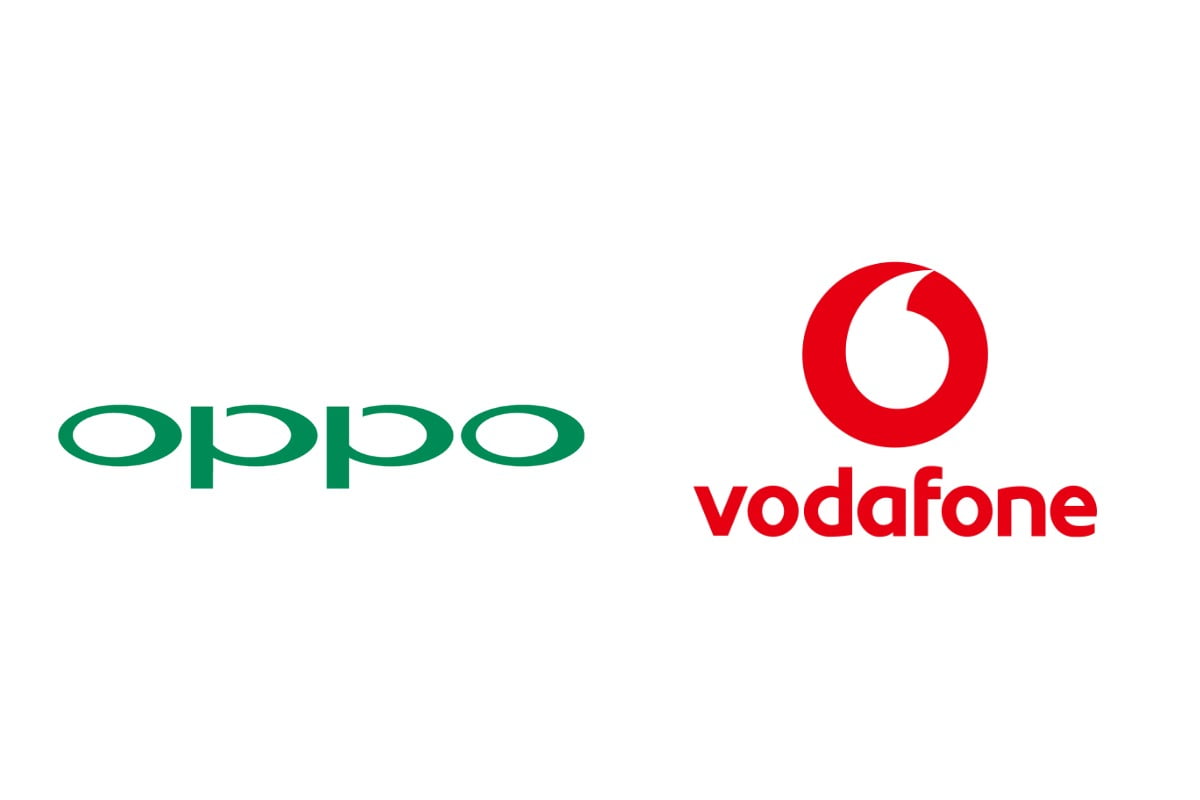
The Chinese consumer electronics and smartphone manufacturer Oppo has teamed up with Ericsson, Qualcomm and Vodafone to commercialise Europe’s first low latency and high speed 5G network in Germany. The network will be accessible on the latest flagship device of the smartphone manufacturer, which is Oppo Find X3 Pro. Oppo has stated that to provide an enhanced 5G network; it plans to roll out a software update that will activate SA support on the Oppo Find X3 Pro in the coming weeks.
Oppo is the Sole Smartphone Provider to Participate in Europe’s 5G SA Network
Henry Duan, who is the Vice President and President of smartphones at Oppo, said that the company is proud to be the sole smartphone provider to take part in the commercialisation of Europe’s first 5G SA network. The move fulfils the commitment of Oppo to bring cutting-edge technology to their customers. He also stated that Oppo would continue to team up with industry best entities to increase the proximity of 5G services and create unique experiences for users worldwide.
Vodafone is Making 5G Standalone a Reality for Customers
In case you are not aware, 5G standalone is an extensive and more complete form of 5G network, which is the architecture of all 5G networks. The commercialisation of the first 5G SA network in Europe marks a new achievement in the development of 5G in the region. As reported by 5Gradar, the theoretical latency of 5G SA is as low as 1ms that is better than the NSA 5G network that has a latency of around 20ms.
Gerhard Mack, CTO of Vodafone Germany, said that at initial levels, the company strives to achieve latency times of 10 to 15 milliseconds which is faster than the human nervous system. As Vodafone puts more 5G facilities operation, these low latency times are arriving for customers. The first smartphone that will support the technology will be Oppo Find X3 Pro. The SA 5G network will be rolled out in Leipzig, Dusseldorf and Munster with network slicing and multiple benefits of the enhanced network. Also, the network slicing will enable the telco to provide diversified services for multiple needs.















